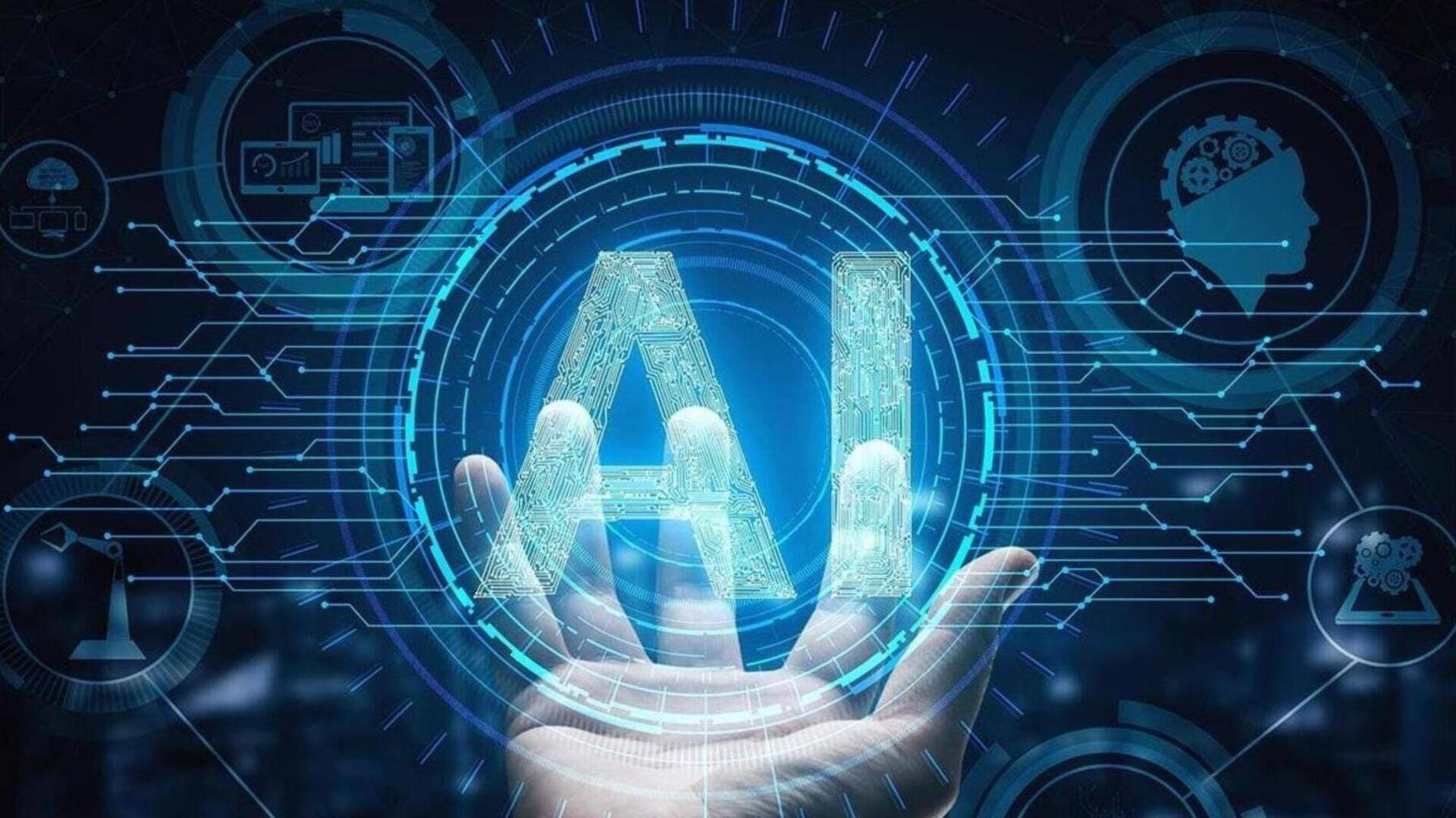
Indian AI model matches radiologists in detecting gallbladder cancer
What's the story
An AI-based approach in detecting gallbladder cancer (GBC) has been found comparable to that of experienced radiologists, per a study published in The Lancet Regional Health-Southeast Asia journal. The deep learning model's performance was assessed on the basis of sensitivity, specificity, and the area under the receiver operating characteristic curve (AUC), a widely used measure of diagnostic test accuracy.
Details
Early diagnosis challenges for gallbladder cancer
Gallbladder cancer is among the most aggressive malignancies with a poor detection rate and a high mortality rate. Early diagnosis of this cancer is challenging as benign gallbladder lesions can have similar imaging features, which makes it difficult to differentiate between them. The recent study's findings are significant, as they demonstrate that AI-based approaches can help improve early detection rates for gallbladder cancer.
Study
The AI model was trained on data from 233 patients
The study looked at abdominal ultrasound data from patients with gallbladder lesions, which was acquired between August 2019 and June 2021 from a hospital in Chandigarh. The AI model, developed in India by PGI Chandigarh and IIT-Delhi, was trained on data from 233 patients and tested on 273 patients. The model had a sensitivity of 92.3%, a specificity of 74.4%, and an AUC of 0.887 for detecting GBC, which was comparable to two radiologists who independently reviewed the ultrasounds.
Results
AI's promising results and study limitations
The AI-based approach showed high sensitivity and AUC for detecting cancer in the presence of stones, contracted gallbladders, small lesions (less than 10mm), and neck lesions. However, the authors of the study acknowledged there were certain limitations of the research, including that the findings are based on a single-center dataset, and multicenter studies are needed for broader validation.